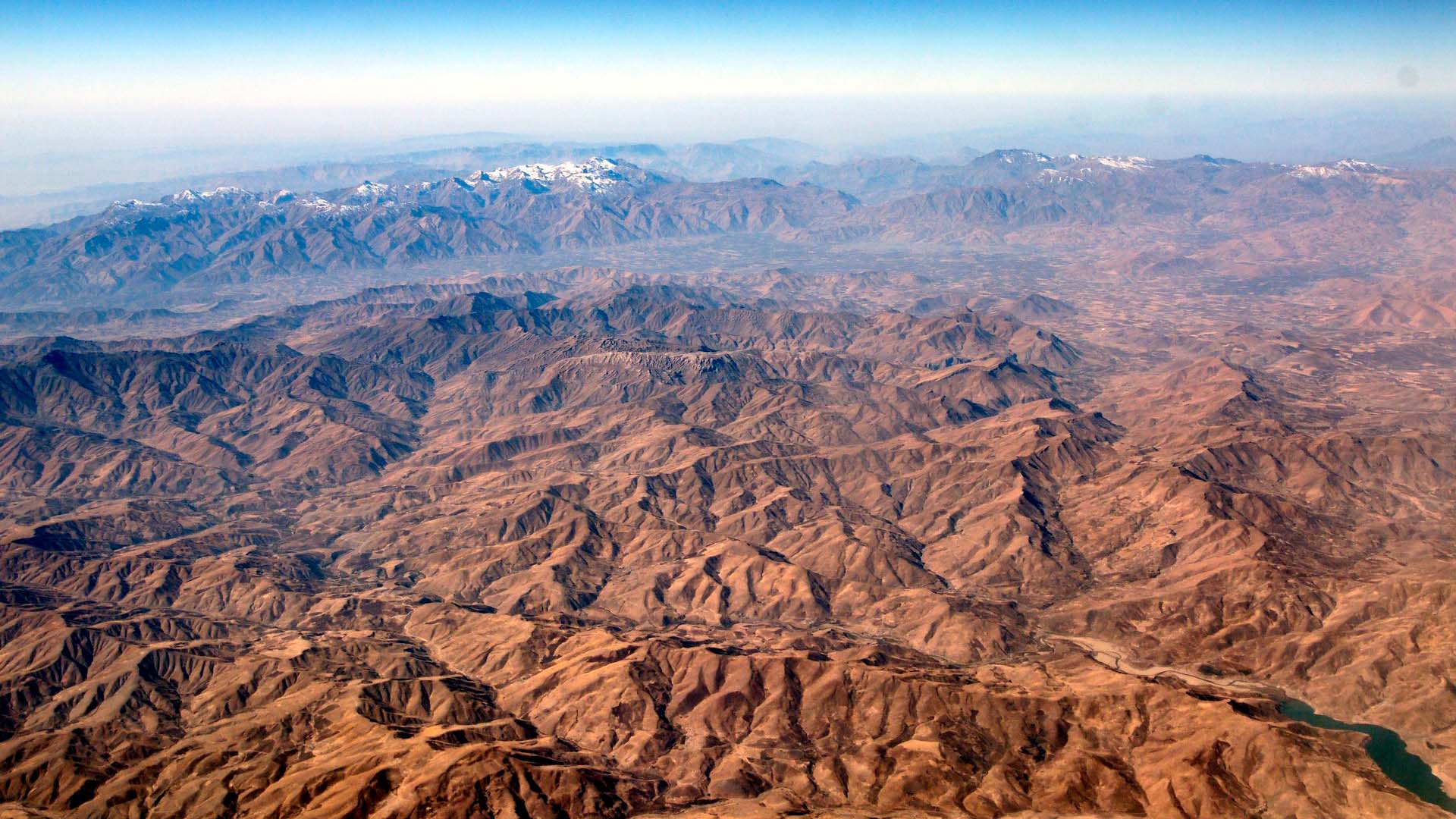The end of four decades of Kurdish insurgency is the latest repercussion of the Gaza war that started in October 2023 and that is forging a new scenario in the Middle East. The true historical importance of 27 February for Turkey, the Middle East and the international system will be best understood in due time. The feeling, however, is that after the fall of the al-Assad regime, Kurdish influence might be instrumentalised by Israel against Turkey’s interests. It has thus been a decisive factor leading to overtures being made towards the leader of the Kurdistan Workers’ Party (PKK), Abdullah Öcalan.
It is expected that the PKK’s farewell to arms and final disbandment will be achieved quite soon, which means that for the first time a Kurdish insurgency in the century-old life of the Turkish republic will be ended not through military means but by the voluntary decision of those who started it.
Öcalan is in the 26th year of serving out his life sentence in the prison island of İmralı in the Marmara Sea off the coast of İstanbul, somewhat reminiscent –in the eyes of many Kurds– of Nelson Mandela’s incarceration at South Africa’s Robben. On 27 February 2025 he issued a ‘Call for Peace and Democratic Society’, tacitly instructing his organisation to lay down arms and disband by convening a congress in the impenetrable mountain redoubt known as Qandil on Iraq’s northern frontier with Iran. The PKK responded positively a day later, stating it would comply with the call of its founder and leader.
It is expected that the PKK’s farewell to arms and final disbandment will be achieved quite soon, which means that for the first time a Kurdish insurgency in the century-old life of the Turkish republic will be ended not through military means but by the voluntary decision of those who started it.
A former President and Prime Minister of Turkey, Süleyman Demirel, had once said that the PKK-led insurgency had been the 29th and the strongest and most sustainable one in the chain of Kurdish insurgencies against the Turkish central power in Ankara, thereby threatening the country’s territorial integrity. Twenty-nine years may have been an exaggeration, but from the foundation of the Turkish Republic over the ashes of the defunct Ottoman Empire, the denial of Kurdish identity led to at least three major revolts from 1925 to 1937, which were suppressed violently, with their leaders executed, and the latter’s remains nowhere to be found. The PKK’s armed struggle began in 1984, led by Abdullah Öcalan, who found refuge in Syria until he was deported in 1998 to be ultimately captured in an operation in Kenya thanks to the assistance of the US and Israeli intelligence services. He was taken to Turkey to serve an aggravated life sentence following the abolition of capital punishment to meet the requirements of the EU’s accession process.
In prison, Öcalan became transformed ideologically and acquired more influence than ever, extending his reach to Syria’s Kurds. The latter, following the Syrian civil war that began in 2011 and thanks to their military successes under US support against the Islamic State (ISIS), managed to control more than one-third of Syria’s territory, including its oil fields.
Developments in the Middle East following 7 October 2023, the date of the Hamas attack against Israel, which unleashed a devastating war on Gaza, changed the entire political landscape and the political equation in the region. With the diminishing power of Iran and its proxies, the undermining of the Iran-pioneered ‘Axis of Resistance’ against Israel, and a staunchly pro-Israel new US Administration under President Donald Trump, the future of the Middle East looked more uncertain than ever for Turkey’s decision-makers. Ankara was wary that Israel, the emergent regional power, would instrumentalise the Kurds –long oppressed by Arabs, Turks and Persians– and their growing regional influence against Tel Aviv’s current and potential adversaries in the region, presenting strategic security risks for Turkey. With the implosion of the Syrian regime, Turkey stood at the forefront –alongside Israel– as the strategic winner and presented itself as the sponsor of the new power in Damascus.
Israel’s relationship with the Kurds goes back to the early 1960s when the Kurdish insurgency in Iraq under the leadership of Mulla Mustafa Barzani established links with Israel through the Shah of Iran. The revival of the relationship with military and diplomatic support for Syria’s Kurds (and perhaps later Iranian Kurds) by the much stronger Israel of today would be a nightmare for Ankara since more than half of the world’s Kurds are native to Turkey.
The Kurds managed to establish a quasi-independent entity in northern Iraq following the Gulf War of 1990-91 and the US invasion –with the support of an international coalition– of that country in 2003. The Kurdistan Regional Government of Iraq, although part of federal Iraq, stands as a regional Kurdish powerhouse. The Syrian civil war of 2011 gave rise to another self-ruling Kurdish entity, affiliated with Turkey’s notorious PKK and controlling more than one-third of Syrian territory. Following the region’s profound transformation in the wake of the Gaza conflict and, in particular, the implosion of the 60-year-old Syrian regime, the possibility that Iran might follow suit is no longer unthinkable and it may well become engulfed in turmoil. Since this may allow the Kurds to finally carve out their own national entity, Turkey has no option but to make a move.


